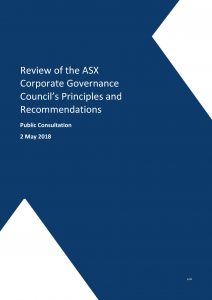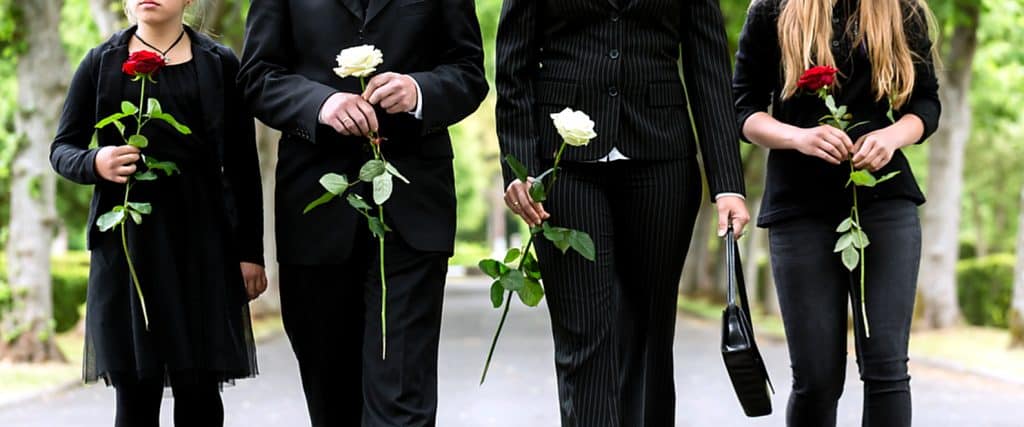 The Australian Securities Exchange (ASX) regularly updates the Corporate Governance Principles and Recommendations administered by its Corporate Governance Council. The Council has recently closed submissions on its consultation on the Fourth Edition. The submissions are worth looking at to see how occupational health and safety (OHS) fairs, and it is also worth looking for mentions of the “social licence to operate”.
The Australian Securities Exchange (ASX) regularly updates the Corporate Governance Principles and Recommendations administered by its Corporate Governance Council. The Council has recently closed submissions on its consultation on the Fourth Edition. The submissions are worth looking at to see how occupational health and safety (OHS) fairs, and it is also worth looking for mentions of the “social licence to operate”.
The 3rd edition of the principles provides examples of what it means to be a “good corporate citizen” (page 19),


 Last time we looked at the Australian Senate Inquiry into “
Last time we looked at the Australian Senate Inquiry into “ Dr Rebecca Michalak
Dr Rebecca Michalak Australia’s occupational health and safety (OHS) profession was late to the process of certifying its members. The
Australia’s occupational health and safety (OHS) profession was late to the process of certifying its members. The 
 Australia’s Royal Commission into banking and financial services is a few months in and the evidence provided of wrongdoing is so substantial that those who were critical of the need for such an investigation are admitting they were wrong.
Australia’s Royal Commission into banking and financial services is a few months in and the evidence provided of wrongdoing is so substantial that those who were critical of the need for such an investigation are admitting they were wrong.